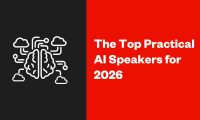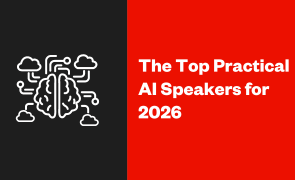Climate change is a phenomenon that 70 percent of Americans believe is happening, and one they understand to be harmful to future generations. Reversing its effects is possible if we drastically change our consumption habits and behavior—so why haven’t we done so? Stanford psychologist Jamil Zaki reveals the science behind our inaction for The Washington Post.
“Why would we mortgage our future—and that of our children, and their children—rather than temper our addiction to fossil fuels? Knowing what we know, why is it so hard to change our ways?” These are the questions that Jamil Zaki poses in “Caring About Tomorrow,” his latest op-ed for The Washington Post. The answer is not because we’re indifferent, he says, but it may have to do with the limitations of our empathetic abilities.
Our instincts to care for one another tend to lose steam across long periods of space and time, explains Zaki. “Our actions reverberate across the world and across time, but not enough of us feel the weight of their consequences. Empathy could be an emotional bulwark against a warming world, if our collective care produced collective action. But it evolved to respond to suffering right here, right now.”
So how do we rise to the global task of saving the planet, if our empathy is diminished over time? If even the concept of our future selves is too fuzzy to feel real, let alone the concept of future generations? Thankfully, empathy is a trait we can learn and build. Like a muscle, it can be strengthened through deliberate practice. In his book The War for Kindness, Zaki reveals how we can increase our empathy, including our ability to care about the future. While Zaki acknowledges that empathy alone isn’t enough to save the planet, he maintains that it is a powerful place to start.
You can read the full article here.
To book Jamil Zaki for your next speaking event, contact The Lavin Agency today for more information.















